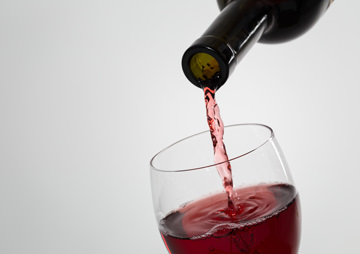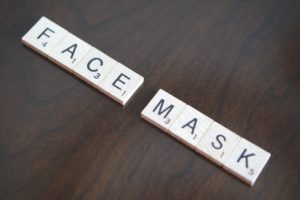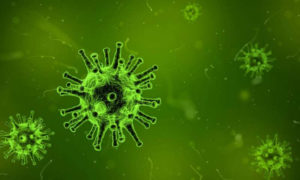Scientists Are Developing Wine That Won’t Give You a Hangover
Sure, researchers could be using their brainpower to solve other medical puzzles, but preventing hangovers is a worthy cause if ever there was one. Shutterstock
Shutterstock
Shutterstock
Sure, researchers could be using their brainpower to solve other medical puzzles, but preventing hangovers is a worthy cause if ever there was one.
Salon:
In a new study published in the journal “Applied and Environmental Microbiology,” researchers from the University of Illinois outlined their technique for changing the genetics of yeast. The achievement doesn’t sound all that exciting until the paper mentions that scientists could use it to make wine that doesn’t give you a hangover.
“Fermented foods–such as beer, wine, and bread–are made with polyploid strains of yeast, which means they contain multiple copies of genes in the genome,” explained lead researcher Yong-Su Jin of the Energy Biosciences Institute in an interview with Phys.org. “Until now, it’s been very difficult to do genetic engineering in polyploid strains because if you altered a gene in one copy of the genome, an unaltered copy would correct the one that had been changed.”
With a tool that acts as a sort of “genome knife,” the researchers are now capable of reducing the elements in wine that causes a hangover (according to Jin, “improper malolactic fermentation”), or to up the amount of resveratrol, a healthy component already present in the drink.
Read more.
—Posted by Natasha Hakimi Zapata
Your support matters…Independent journalism is under threat and overshadowed by heavily funded mainstream media.
You can help level the playing field. Become a member.
Your tax-deductible contribution keeps us digging beneath the headlines to give you thought-provoking, investigative reporting and analysis that unearths what's really happening- without compromise.
Give today to support our courageous, independent journalists.






You need to be a supporter to comment.
There are currently no responses to this article.
Be the first to respond.